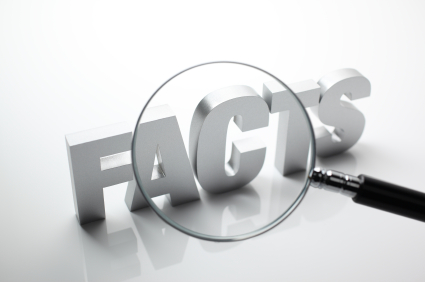What to Expect When You’re Expecting a Claim Investigation

Your insurance claim has become the subject of a claims investigation? The prospect of this news can feel daunting, not to mention frustrating. While the specific nature of the investigation will depend on the exact nature of the claim, investigators tend to follow a tried and true series of steps. Knowing what to expect can ease your mind during the process and also make the process more efficient.
First, it’s important to note that insurance claims investigations are a necessary course of business for insurance companies. It’s part of their risk management process to prevent fraudulent or invalid claim payments. So don’t take it personally. Do your best to be helpful and cooperative.
Who will perform the claim investigation?
Adjusters, professional investigators, auditors, attorneys, paralegals and/or operations management personnel are typically charged with conducting a claim investigation.
The investigative approach:
The claim investigator will seek to “reconstruct” the loss. In order to do so they will typically follow a systematic approach along these lines:
1. Incident Overview
The investigator will begin simply by compiling a short summary of the event that includes the claimant data, type, date, time, location, and brief description of the claim. This part should be a breeze.
2. Claimant Interview/Statement
Your organization should be given an opportunity to make a statement, either verbally or in writing. This statement might even be recorded and entered into the investigation report. A basic “who, what, where, why” series of questions is likely and you can expect follow up questions to each such as, “Is that all you remember?” or “Can you add anything else?” Be prepared in advance of time with this information.
3. Documentary Evidence
In many cases, a claim investigator will ask to see documentary evidence related to the claim. For example, you might be asked to provide a police report, receipts, inventory records, invoices, and shipping records. Other commonly requested documentary-type evidence includes titles, bills of sales, deeds, appraisals, diagrams, proof of ownership, and photographs or video records. The investigator’s job is to scrutinize the evidence to either justify the claim or identify potential alterations or falsifications that could indicate a problem.